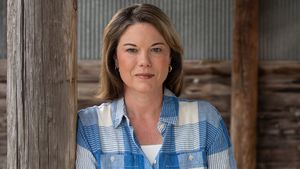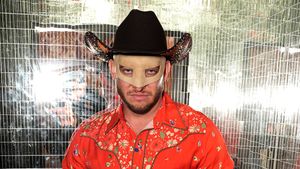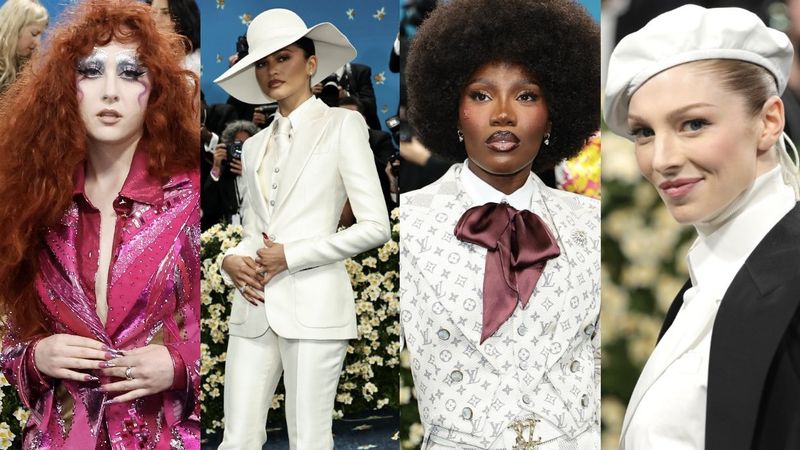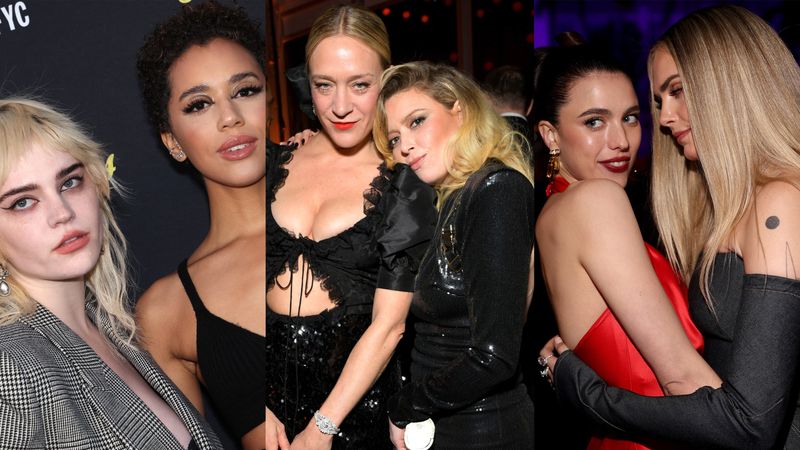Helen Gurley Brown, a pioneering feminist journalist who changed the nature of women’s magazines and was the voice of women’s sexual liberation as early as 1962, died today at age 90 at McKeen Pavilion at NewYork-Presbyterian Hospital/Columbia, according to TheWrap.
Brown, who began her career as a copywriter, wrote a bestselling book when she was 40, called Sex and the Single Girl. It was an instant hit, a new voice advocating for women to own their own pleasure and be masters of their own domain — albeit wearing sexy clothes. In 1965, she became editor-in-chief of Cosmopolitan magazine, reinventing the flailing family publication as the first of America’s women’s magazines that said women could indeed have it all and enjoy it all without shame. She was among the first feminists to say women could have sex, love, and career and she was steadfast in her voice as editor of Cosmo for 32 years.
Under her reign, Cosmo enraged the radical right (and occasionally feminists) with risqué and provocative content, including a nearly nude centerfold of Burt Reynolds that ran in 1972.
The magazine, with Brown as its guru, became a strong voice of women’s sexual liberation, an ideology that didn’t exclude lesbians as feminism in the early days of liberation often did. Today Cosmopolitan has 64 international editions that are printed in 32 different languages, making it the best-selling young women's magazine in the world.
Brown, who in 2008, was named the 13th most powerful American over 80 by Slate, was unceremoniously ousted from her position at Cosmo in 1997, and replaced by Bonnie Fuller, but she stayed on with Hearst to help shepherd those international editions and keep one foot in the world of Cosmo’s “fun, fearless, female.”
“The message was: So you're single. You can still have sex. You can have a great life. And if you marry, don't just sponge off a man or be the gold-medal-winning mother. Don't use men to get what you want in life — get it for yourself,” Brown once said. She was an iconoclast, a smart and mousy brunette who knew conventional beauty was overrated, but brains weren’t. Still, she got breast implants when she was 73, for herself she said, no one else. That was part of her having it all. She was the most important woman in publishing and she wanted to go up a cup size.
The Guardian’s Jennifer Scanlon argues that Brown reached out to working class women like herself, and “actively worked for the equal rights amendment, which would have constitutionally guaranteed women in the US rights equal to those of men, and for reproductive rights, including abortion. She looked for opportunities to promote the practical changes endorsed by more political feminists, but still maintained that her women had to play the system as best they could. Brown advocated work (not men) as women's greatest ally, but she also understood the limitations of the work world just as she understood the limitations of men. She knew that her working-class followers might find only one or two job titles available to them regardless of their skills — and might repeatedly watch less-qualified men be promoted over them. They should, as a result, always allow men to pay for nights out, for babysitters if they were single parents, and for alcohol if they happened to invite a man in to their apartment. When others repeatedly faulted her for this philosophy of manipulating rather than refashioning the economics of sex and gender relations, Brown's response was simple and direct: ‘I deal in reality,'" according to the Guardian.
Brown was 90. Her husband, David Brown, to whom she was married 50 years, died in 2010.






























































































 Cindy Ord/Getty Images
Cindy Ord/Getty Images

























